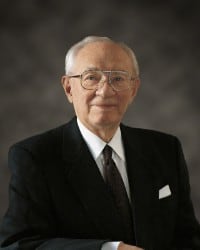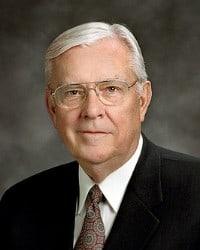
“We are doing all we know how to do to stamp out this terrible evil. When there is recognition of equality between the husband and the wife, when there is acknowledgment that each child born into the world is a child of God, then there will follow a greater sense of responsibility to nurture, to help, to love with an enduring love those for whom we are responsible.
No man who abuses his wife or children is worthy to hold the priesthood of God. No man who abuses his wife or children is worthy to be a member in good standing in this church. The abuse of one’s spouse and children is a most serious offense before God, and any who indulge in it may expect to be disciplined by the Church.”
| “What Are People Asking about Us?” Ensign, November 1998, p. 72
